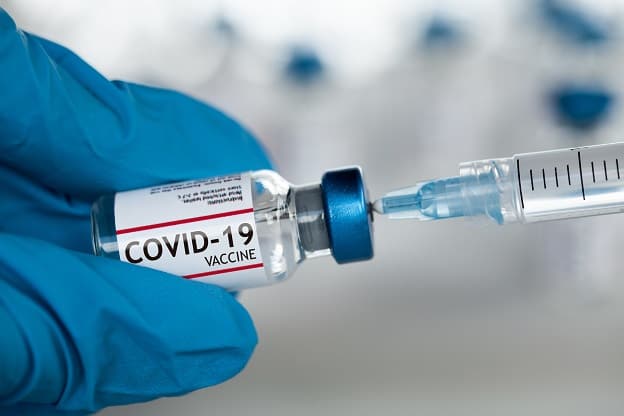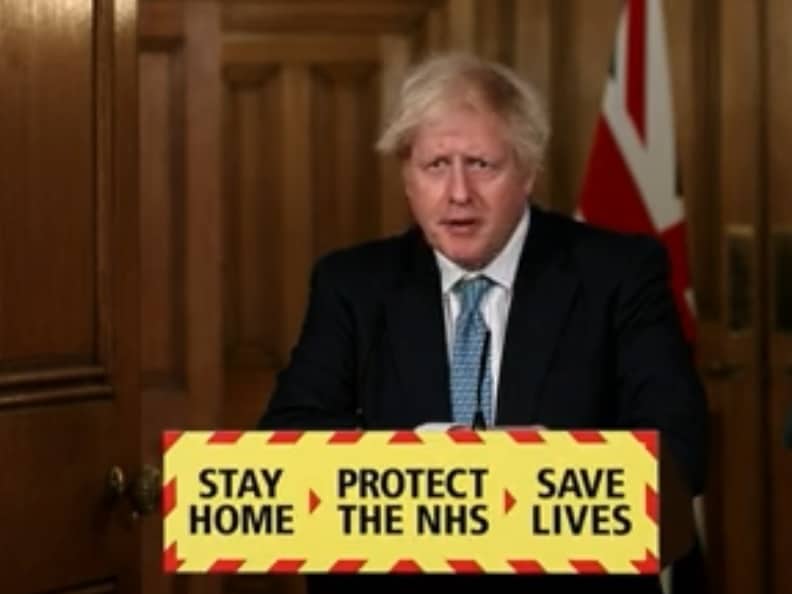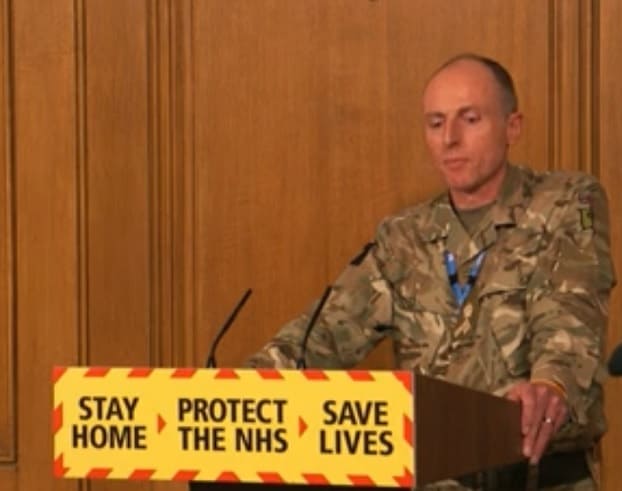
Another 97 people in Thanet have been recorded today (January 7) as testing positive for covid, making a total of 1062 in the last seven days – a hike of just under 40% on the preceding week.
The positive rate per 100,000 is now 718 (as of January 2), far above the 422.1 recorded for the seven days up to December 5. A total of 8,207. positive tests have been recorded for Thanet according to the government data dashboard.
The total number of people recorded who have died within 28 days of testing positive for Coronavirus as of January 5 was 252 (loss of life within 28 days of a positive test). Covid-19 is mentioned on the death certificate but may not be the primary cause of death.
Data for East Kent Hospitals show 54 people were admitted to either QEQM, William Harvey or Kent and Canterbury hospitals on January 2 making a total of 460 people currently being cared for as covid in-patients as of January 4. Of those patients, 26 are on mechanical ventilation. The Trust has recorded the deaths of 876 patients being treated for covid to date.
The three main East Kent hospitals are currently at Critcon level 2, which means critical care capacity is full and has overflow into quasi-critical care areas (theatre recovery, other acute care areas). Trusts can begin mutual aid and phased reduction of elective work to support critical care, by local decision. For QEQM this is an improvement on the level 3 recorded on New Year’s Day. The highest level is 4 and indicates resources are overwhelmed.
Across the UK 1,162 deaths within 28 das of a positive test were recorded – making a total of 4,996 losses in the last seven days – and another 52,618 positive tests. The UK positive rate per 100,000 is 581.6.
There are 30,370 covid patients in UK hospitals and 2821 people are on mechanical ventilation.
Find the data dashboard here

PM Boris Johnson today said he ‘had no doubt’ that there were the resources and supplies to vaccinate all those n the top four priority groups by February 15. A full vaccination deployment plan will be published on Monday. Some 1.5 million people in the UK have now received a first dose of either the Pfizer or AstraZeneca vaccine.
The Oxford AstraZeneca vaccine is being rolled out to General Practice led services today, making it easier to protect care home residents and other vulnerable people against Covid-19.
The vaccine has been trialled at selected hospitals for surveillance purposes before being sent out to hundreds of community-based local vaccination services.
Unlike the Pfizer vaccine, the first to be approved, the Oxford vaccine does not need to be stored at ultra-low temperatures and is much easier to move, making it easier to use in care homes and to vaccinate the housebound.
Hundreds of new sites are opening at hospitals and in the community this week in the new phase of the vaccination programme, the largest in NHS history. This is on top of the 700 which were already open and vaccinating.
Seven large vaccination centres will be among many more sites coming online next week, along with more hospitals, GP led services and a number of pilot pharmacy vaccine services.
In Kent Jonathan Neame, Shepherd Neame Chief Executive, has offered premises in the pub chain for vaccination hub use,
The PM said: “By the end of next week there will be over 1,000 GP-led sites providing vaccines, 223 hospital sites, seven giant vaccination centres and a first wave of 200 community pharmacies
“If all goes well these should have the capacity to deliver hundreds of thousands of vaccines per day by January 15.”
Care home residents and staff are set as the highest priority group by the independent Joint Committee on Vaccination and Immunisation.
In addition to the Oxford jab, local vaccination services are being issued with small packs of Pfizer jabs which can be used in care homes. The aim is to offer vaccinations to the majority of care home residents by the end of January.
Kent & Medway Clinical Commissioning Group says vaccines will not be mixed, patients will receive either the Pfizer or AstraZeneca vaccines but not a mix.

Brigadier Phil Prosser (pictured), the commander of the 101 Logistic Brigade, will lead members of the military distributing the drugs across the country.
The PM said patients who are admitted to intensive care units due to COVID-19 are set to receive new life-saving treatments which can reduce the time spent in hospital by up to 10 days. Results from the government-funded REMAP-CAP clinical trial published today showed tocilizumab and sarilumab reduced the relative risk of death by 24%, when administered to patients within 24 hours of entering intensive care.
Patients receiving these drugs, typically used to treat rheumatoid arthritis, left intensive care between 7 to 10 days earlier on average.

